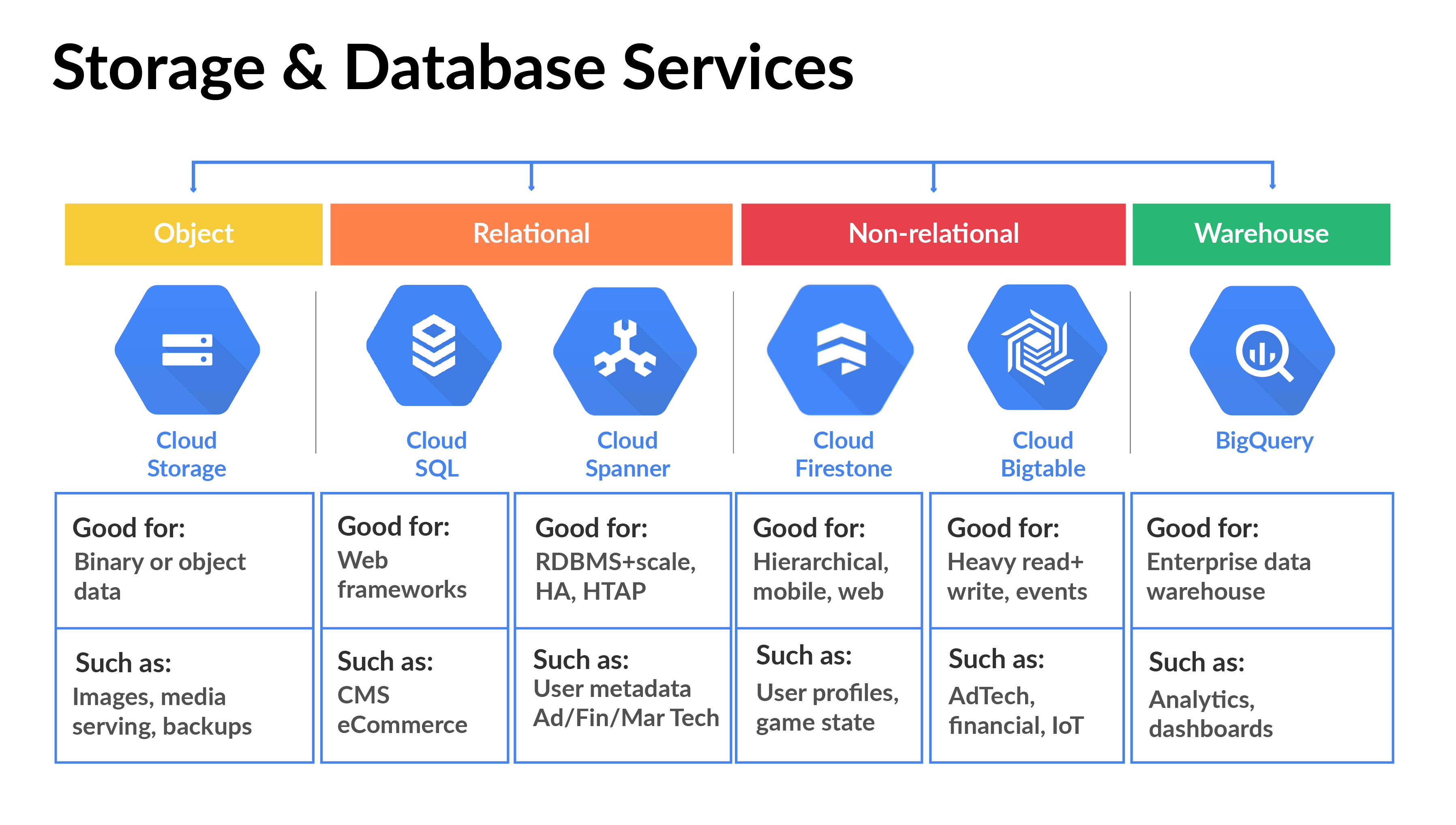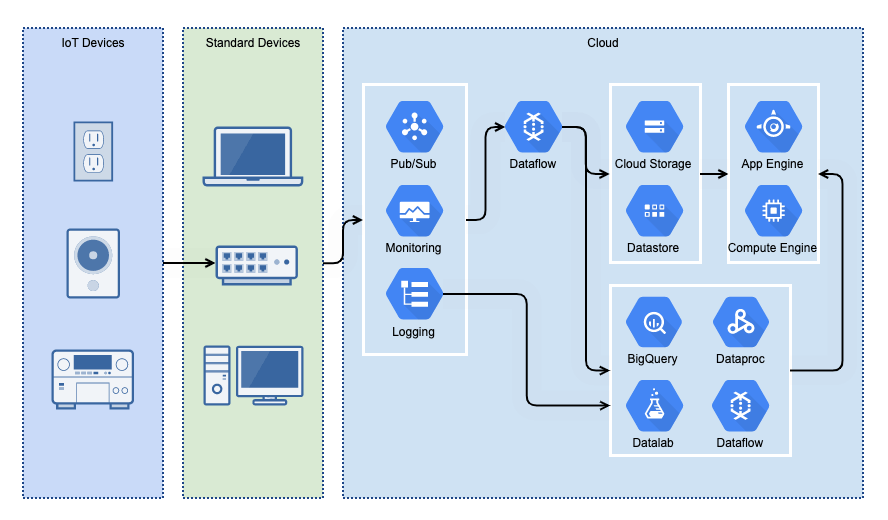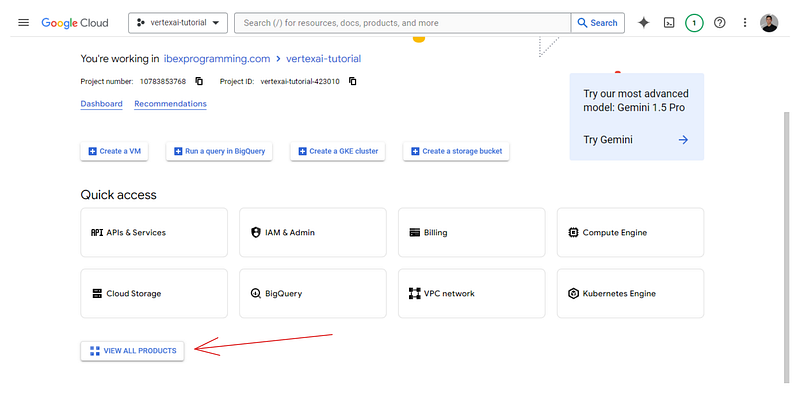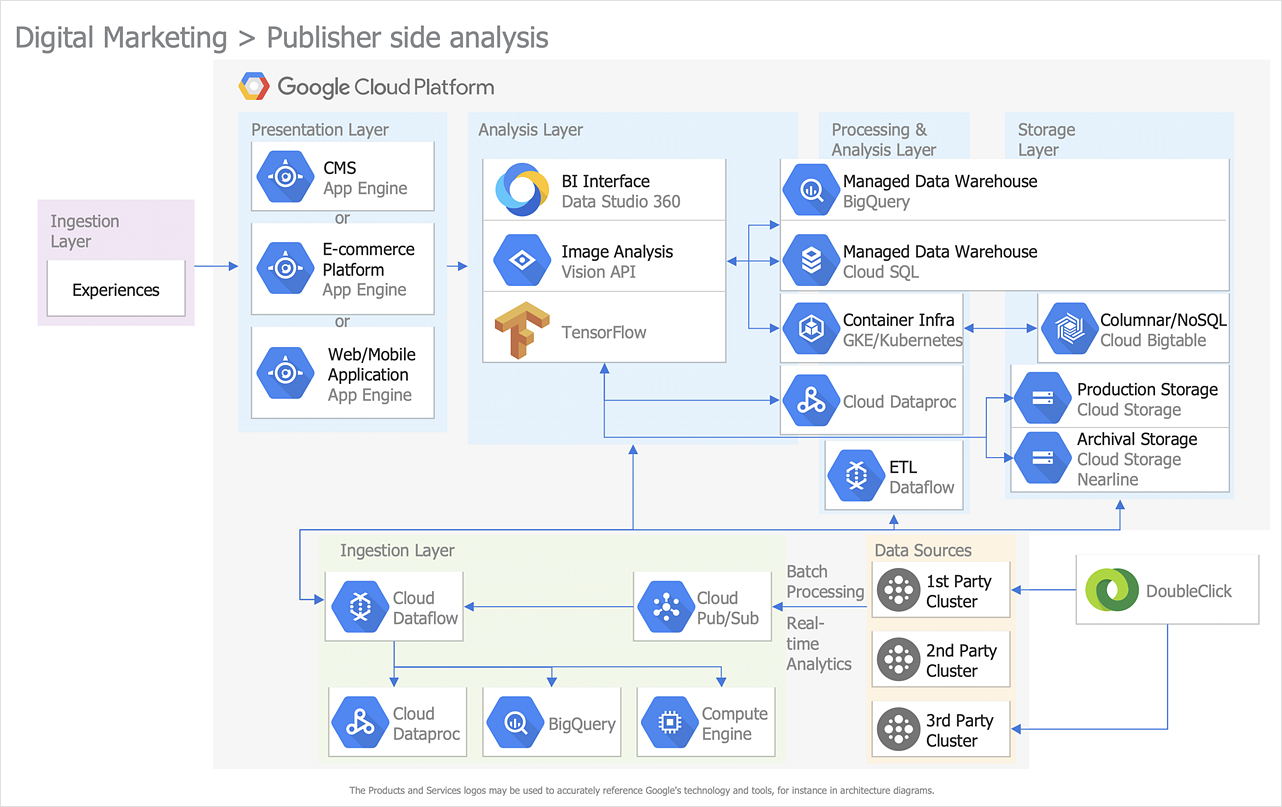GCP is Google's cloud platform. Started in 2008 with App Engine (which was pretty ahead of its time), it's grown into a legitimate competitor to AWS and Azure. The big selling point? It runs on Google's actual infrastructure - the same stuff that keeps Search working when everyone's googling "is the internet down."
Why GCP Doesn't Completely Suck
Every cloud provider says they're amazing. Here's why GCP doesn't completely suck:
It actually runs on Google's network: This isn't marketing bullshit. GCP uses the same private fiber network that keeps YouTube streaming smooth when half the planet is watching cat videos. I switched our API from AWS us-east-1 to GCP europe-west1 in March 2024 and P95 response times dropped from 180ms to 95ms. The Premium Network Tier costs 50% more but when you're serving traffic to 47 countries, that extra $127/month saved us 6 hours of customer complaints about slow API responses.
AI that doesn't suck: Google's AI tools are legitimately good, not just overhyped garbage. Vertex AI gives you access to models that actually work, including the latest Gemini stuff. If you're doing ML work, this is where GCP genuinely beats AWS and Azure.
Kubernetes without the pain: Google invented Kubernetes, so GKE (Google Kubernetes Engine) is the least painful way to run containers at scale. GKE Autopilot handles all the cluster management bullshit for you - it's what Kubernetes should have been from the start.
The Stuff You Actually Use

GCP has the usual cloud services, but here's what matters:
Compute (The Boring But Important Stuff)
- Compute Engine: VMs that actually stay up. Unlike AWS where I lost 12 hours of training data because a spot instance died during a Terraform deployment, GCP's preemptible instances give you 30 seconds warning. The sustained use discounts kick in automatically after you hit 25% usage - no stupid reserved instance gambling where AWS makes you predict your usage 3 years in advance.
- TPUs: Google's custom chips for ML workloads. Actually fast, but you'll pay for it. Only useful if you're training huge models.
- Premium network tier: Costs like 50% more or something, but your packets go through Google's private network instead of the shitty public internet. Worth it if you're seeing latency issues - cut our API response times by maybe 40% when we switched last year.
Data Stuff
- BigQuery: The one service that makes everyone jealous of GCP. Query petabytes of data without babysitting clusters. Just write SQL and it works. Billing is $6.25/TB scanned as of September 2025 but can fuck you over - I saw a $12K bill when someone forgot to add WHERE clauses to
SELECT * FROM bigquery-public-data.github_repos.commits. That specific query scanned 1.9TB before I killed it with "Error: Query exceeded limit of 1000 seconds" after maxing out our daily quota. Always use the query validator before hitting run on anything larger than your dev dataset. - Cloud Storage: Object storage that works like S3 but with better egress pricing. The multi-regional replication is solid.
- Pub/Sub: Message queuing that actually scales. Better than SQS for high-throughput scenarios.
App Platform Stuff
- Cloud Run: Serverless containers done right. Deploy a Docker container and it scales from zero automatically. Way better than Lambda for anything that doesn't fit the function model.
- App Engine: Google's old serverless platform. Still works but Cloud Run is probably what you want now.
- Cloud Functions: Google's answer to Lambda. Cold starts average 89ms for Node.js 18 vs Lambda's 180ms, but you'll still get fucked by the 9 minute execution limit. Learned that when our PDF generation function died mid-process with "Function timeout" after exactly 540 seconds.
AI Stuff
- Vertex AI: Where GCP actually shines. Pre-trained models that work out of the box and APIs that don't require a PhD in ML.
- AutoML: Point-and-click machine learning. Surprisingly good for common use cases like image classification.
New Stuff in 2025
Google's been busy this year. Some of it's actually useful:
Firestore now speaks MongoDB: About fucking time. You can migrate from MongoDB without rewriting all your code. The serverless scaling is nice, but query patterns don't always translate cleanly - the docs are vague about performance gotchas which will bite you later.
Gemini embeddings that actually work: The new embedding model beats OpenAI's on most benchmarks. Good for RAG applications if you're tired of paying OpenAI's ridiculous API fees. Just remember Google sees all your data when using hosted models.
Cloud Run with GPUs: Serverless GPU compute is finally here. Great for AI inference workloads, but cold start times are brutal for GPU instances - I've seen 15-45 seconds for the first request after sitting idle. Learned that the hard way when our image classification API went down during a demo because it hadn't been hit in 20 minutes.

Security Stuff
Google's security is solid, but Cloud IAM is confusing as hell:
Everything's encrypted: At rest, in transit, doesn't matter - it's encrypted. Google handles the keys unless you want to manage your own (spoiler: you don't). The compliance certifications are real and comprehensive.
Cloud IAM will make you want to quit tech: Over 3,000 predefined roles sounds great until you're debugging why roles/run.developer can't deploy a container but roles/editor can. Spent 8 hours getting "Error: User does not have permission to access service account" before figuring out you need roles/iam.serviceAccountUser too. The error message doesn't tell you this. The docs are written by lawyers, not engineers. Budget a long weekend and strong coffee to figure this shit out, or just give everyone roles/editor and pray your security team doesn't find out.
DDoS protection: Cloud Armor handled that massive 2.54 Tbps attack, so it's legit. VPC Service Controls are like security groups but more confusing - useful once you figure them out.
The Reality Check
GCP is still third place with around 11% market share (maybe 10-12%, depends who's counting) behind AWS's massive chunk and Azure. But it's growing way faster - like 28% year-over-year last quarter according to Alphabet's earnings. Still, the ecosystem feels smaller when you're hunting for third-party integrations.
Big names like PayPal, Deutsche Bank, and Spotify use GCP for production workloads. That said, the ecosystem is still smaller than AWS - you'll find fewer third-party tools and integrations.





